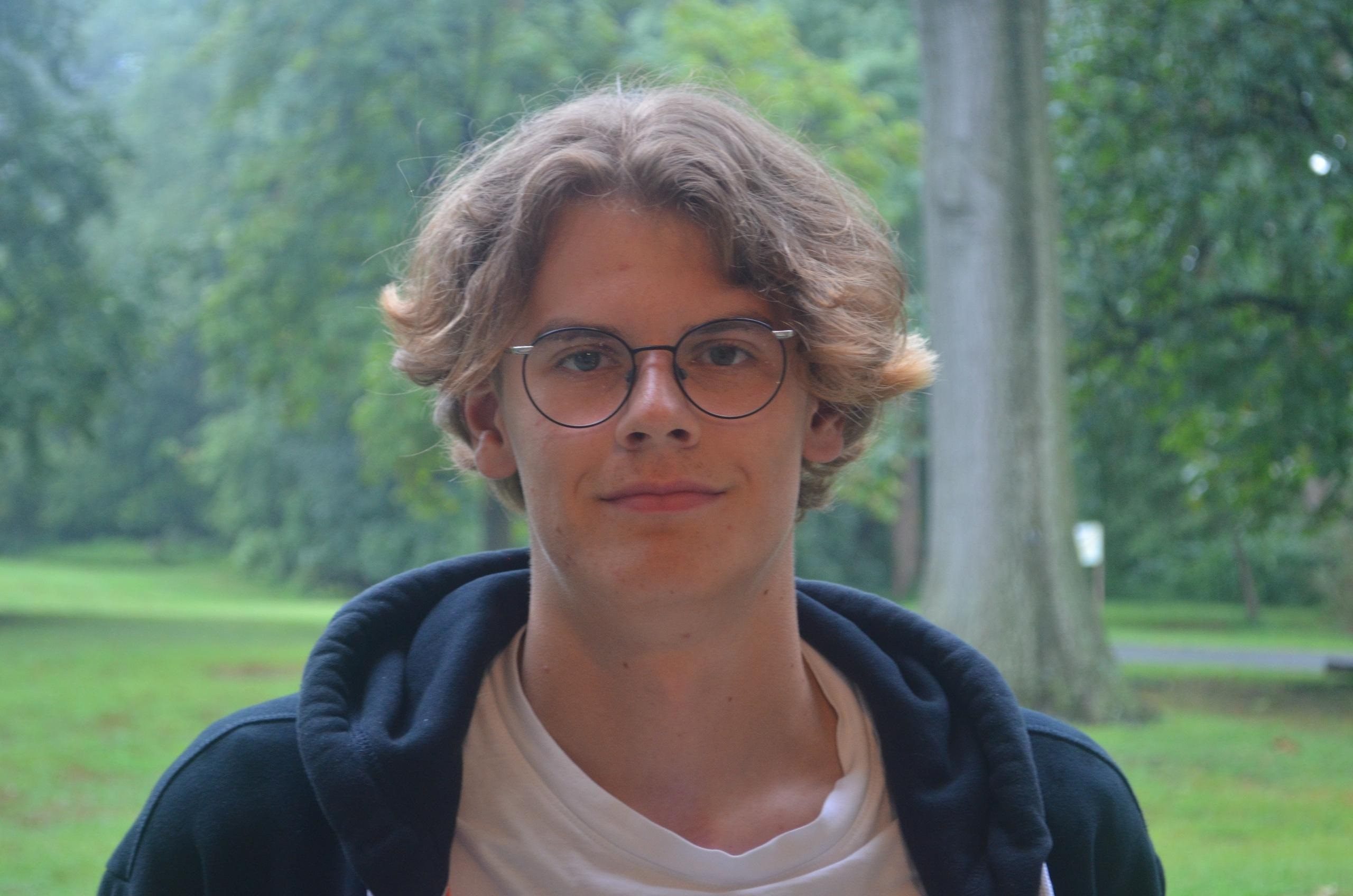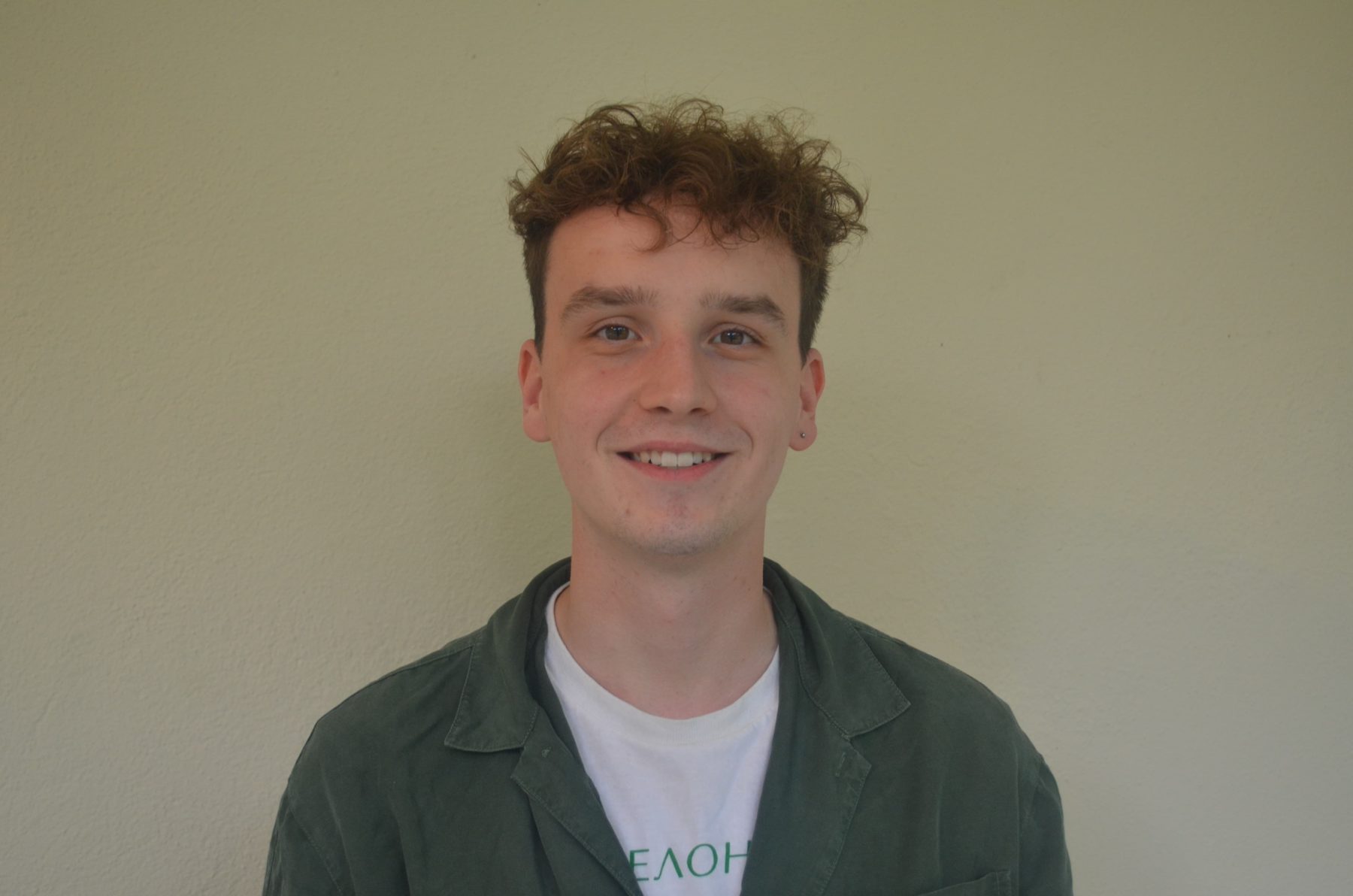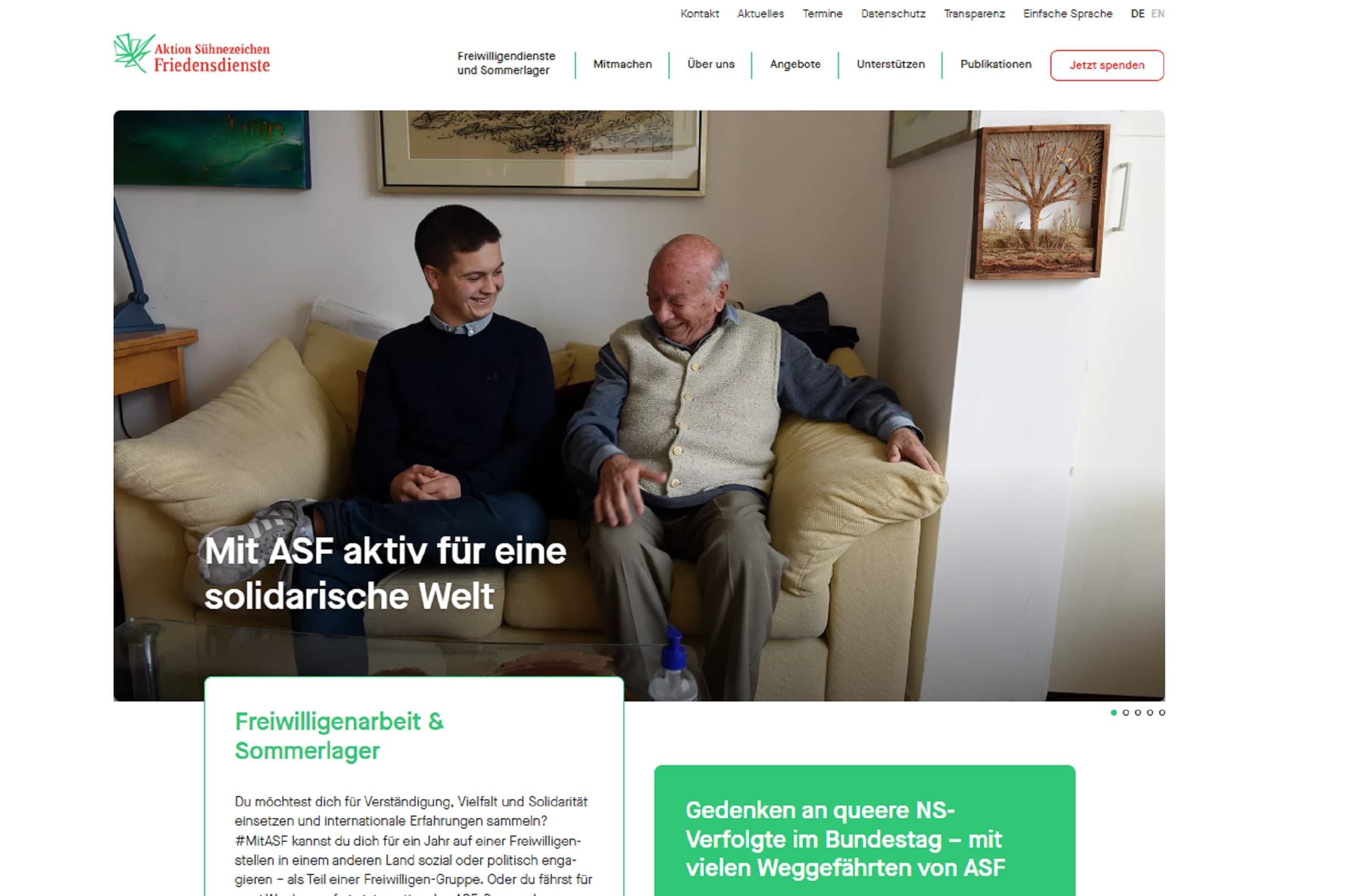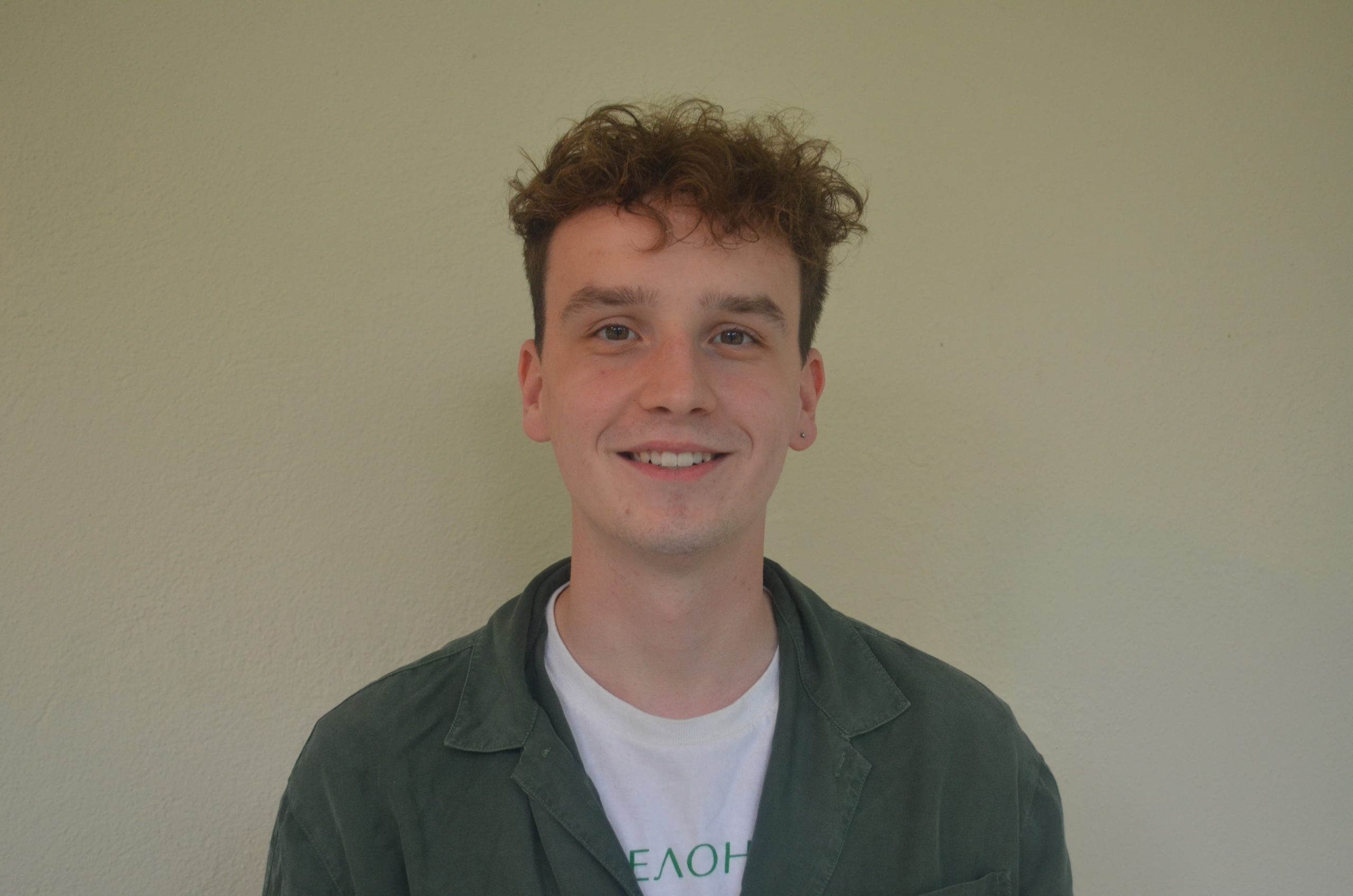Volunteer Service and Summer Camps
You want to work for peace, understanding, solidarity, gain experience living abroad and becoming part of an international volunteer group?
With ASF, you can get involved for one year in a variety of areas that promote remembrance and social justice. Or you can immerse yourself in an ASF summer camp experience for two weeks where you promote peace and understanding in a specific project.
ASF/ARSP in new colors and shapes
Is anything different? Yes, ASF/ARSP has since September 2023 its website in new colors, shapes and fonts.

“The most important aspect of my life in the USA was, of course my work at the Nancy & David Wolf Holocaust & Humanity Center. Over time, it became not just a place for me to work at but a community of people who dedicated so much to a common mission that truly inspires everyone on our team. (…) What this meant for me practically, was leading school groups on their field trips through the center and teaching them about the Holocaust in general but especially about the stories of local survivors.”
Mats Michaelsen
ASF volunteer at the Nancy and David Wolf Holocaust Museum and Center, Cincinnati
Current
Camden: A Love Story
Over the course of nearly 50 years “Action Reconciliation Service for Peace” has been sending volunteers to Camden, one of those “forgotten” American cities, known for its violence and poverty. It all began in the 1970s with a young man called Wolfgang, who somehow developed an unexpected, yet strong passion for a city, one, especially being …
Our new volunteers arrived in Philadelphia
We are happy to welcome our new volunteers to the USA. Before we send them on their journey to our partner organizations they will attend a one week orientation seminar in Philadelphia.


